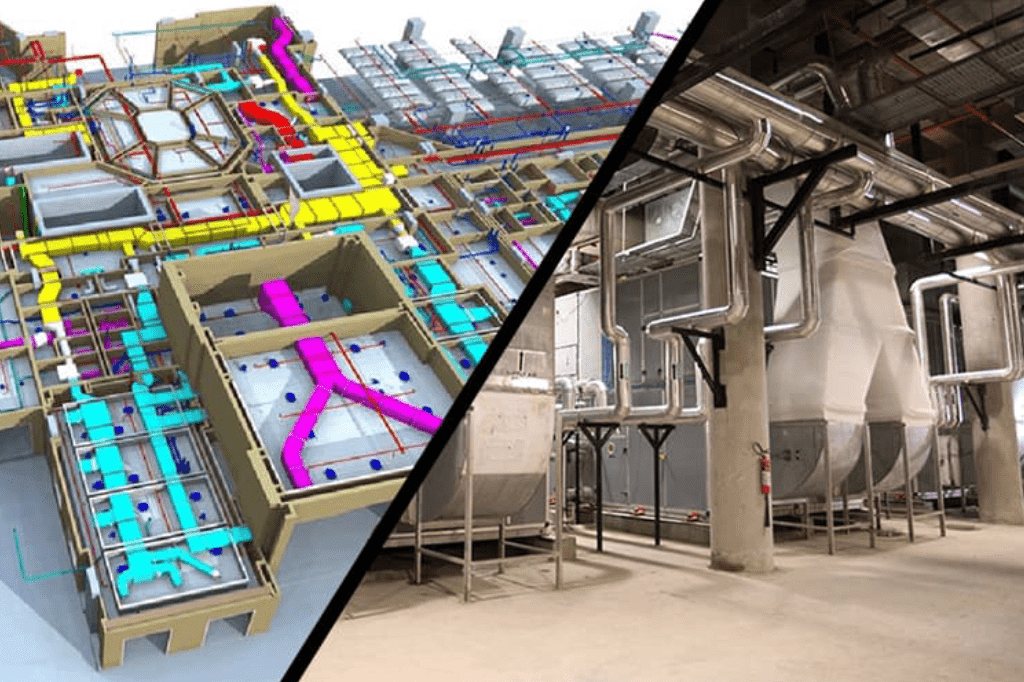Mechanical Training
NDT Training

Introduction :
Welcome to Linear India’s NDT Training Programs, designed to foster expertise in non-destructive testing techniques essential for quality assurance across industries.
Overview of NDT:
Non-Destructive Testing (NDT) forms the backbone of quality assessment methodologies. It encompasses a suite of non-invasive inspection techniques applied to evaluate physical properties without compromising the product’s utility. NDT serves as a crucial tool for detecting, characterizing, and measuring discontinuities, ensuring optimal performance and safety standards.
Training Modules
Conventional Techniques
Advanced Methods
Career Pathways in NDT:
Professional Roles
Certification Tracks
Practical Application and Hands-On Experience:
Our training programs integrate theoretical knowledge with practical exposure, enabling participants to apply learned methodologies in real-world scenarios. Hands-on experience ensures adeptness in utilizing NDT equipment and interpreting results effectively.
Career Prospects in Pipeline and Piping Engineering:
Explore career avenues in Pipeline and Piping Engineering, from Piping Engineer to Supervisor, Security Engineer, Piping Designer, and Engineer Trainee, focusing on expertise in international design standards like ASME B31.4, ASME B31.8, ASME B31.3, and ASME 31.1.
Career Pathways in NDT
Differentiation
Engineer Responsibilities
MEP Training

Overview of MEP :
Discover the intricate world of Mechanical, Electrical, and Plumbing (MEP) systems through Linear India’s specialized training program. Our comprehensive curriculum combines theoretical knowledge with hands-on applications, preparing you for real-world challenges in the MEP domain.
Understanding Mechanical Systems :
Delve into diverse air conditioning systems, from Split AC to Chiller systems, learning the art of heat load calculation, equipment selection, and practical duct designing. Gain expertise in various mechanical components used in both residential and commercial setups.
Exploring Electrical Systems
Navigating Plumbing Systems
Career Pathways:
Unlock career milestones—Engineers can pursue the Fundamentals of Engineering (FE) exam to achieve the Engineer-In-Training (EIT) designation. Accredited university graduates, after four years of supervised experience under a Professional Engineer (PE), qualify for the Professional Engineering (PE) exam.
Job Opportunities:
Engineers can pursue certifications such as NFPA, QA Auditing, BBSM, MOC, HAZWOPERM, NEBOSH, and more, propelling their careers in the MEP industry.
